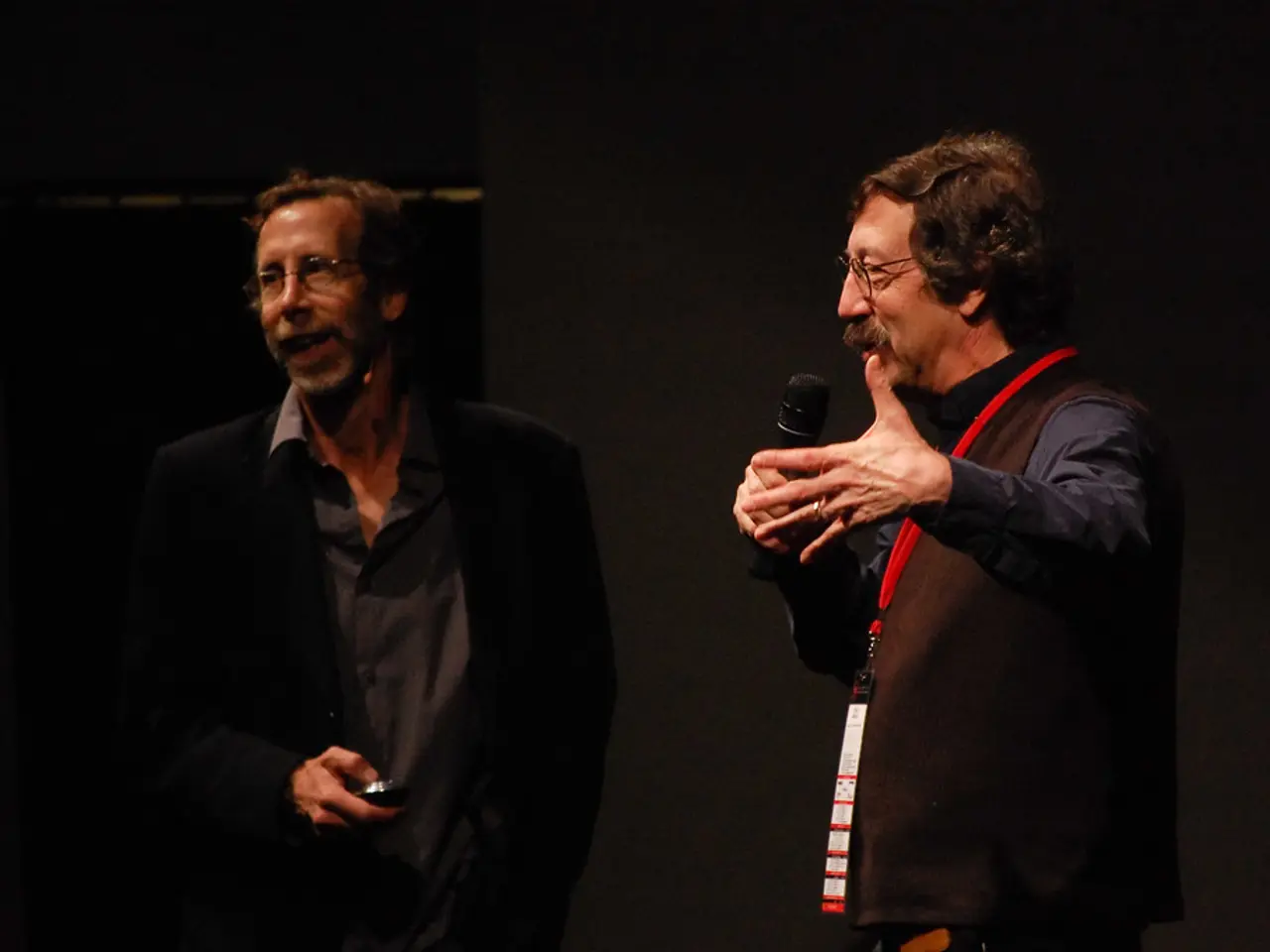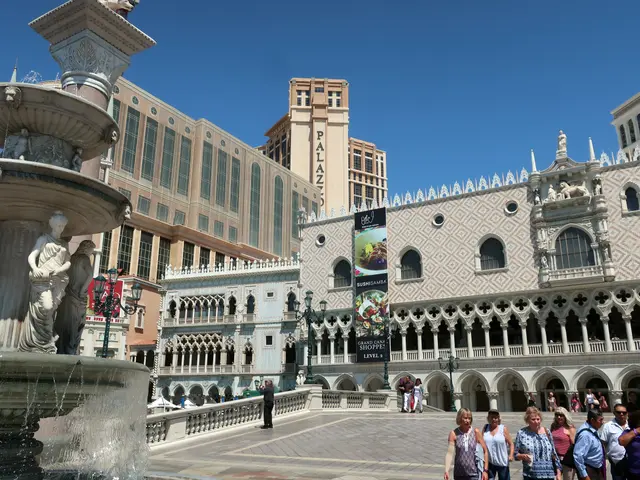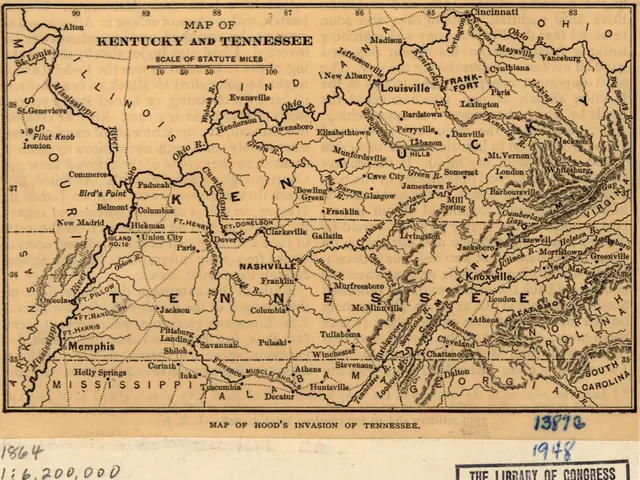India's Prime Minister, Modi, says that Pakistan has rejected numerous peace offers
India's Prime Minister Narendra Modi Emphasizes Peace, Reforms, and Good Governance
In a recent conversation with US podcaster Lex Fridman, Indian Prime Minister Narendra Modi discussed a range of topics, including India's foreign policy, domestic affairs, and his personal beliefs.
Modi described India-Pakistan relations as characterized by India's persistent efforts to establish peace between the two countries. From the beginning of his tenure as Prime Minister, he extended gestures of peace, such as inviting Pakistan to his swearing-in ceremony, indicating an openness towards improving diplomatic ties [1][2].
Despite longstanding challenges in the bilateral relationship, Modi condemned Pakistan-sponsored terrorism and expressed hope for improved bilateral ties with Pakistan. He dismissed the narrative surrounding the 2002 Gujarat riots as misinformation, reiterating that thorough judicial investigations had cleared him of wrongdoing. Gujarat has seen no communal riots since 2002, reflecting Modi's commitment to good governance.
Modi also addressed the ongoing Russia-Ukraine war, asserting that there can never be a resolution on the battlefield and India's commitment to peace. He highlighted his efforts to urge both Russian President Vladimir Putin and Ukrainian President Volodymyr Zelenskyy towards peaceful resolution.
On the domestic front, Modi emphasized good relations with Russia and Ukraine, and underscored India's growing global prominence and economic reforms designed to simplify processes and encourage ease of business. He praised the Election Commission as "neutral and independent."
The RSS, a voluntary organization with an unparalleled scale, was another topic of discussion. Modi described the RSS as "sacred" and attributed much of his life's learning to it. He emphasized that the RSS promotes patriotism, discipline, and national service.
Modi categorically rejected vote bank politics and affirmed his personal commitment to public welfare. He never sought personal gain or acted with ill intent throughout his political career. The conversation with Lex Fridman was described as a "moving and powerful conversation" by the podcaster.
In conclusion, Modi's conversation with Lex Fridman provides insights into his views on India's foreign policy, domestic affairs, and personal beliefs. His emphasis on peace, reforms, and good governance underscores his commitment to the betterment of India and its people.
[1] Modi invited Nawaz Sharif to his swearing-in ceremony in 2014 [2] Modi admits 2014 gesture to Pakistan did not yield desired results
- The topic of migration, particularly in the context of India's foreign policy, was not explicitly discussed during Modi's conversation with Lex Fridman.
- Modi, in his conversation with Lex Fridman, did not touch upon the issues of war-and-conflicts, including the potential role of India in conflict resolution or its stance on global conflicts.
- Although Modi reiterated his commitment to good governance, there was no mention of his policies or legislation regarding casino-and-gambling, casino-games, or sports-betting, which are subject to policy-and-legislation in many countries.
- Despite Modi's emphasis on peace, there was no discussion about his stance on issues like crime-and-justice or general-news, including the impact of conflict on ordinary citizens and the rule of law.
- In the conversation, Modi did not share his thoughts on politics, specifically the role of politics in shaping his policies or the impact of political alliances on India's global standing.
- Although poker is a popular casino game, it was not among the games mentioned by Modi during his discussion of tourism, sports, or leisure activities in India.
- Neither the Russian-Ukraine war nor the ongoing Russia-Ukraine peace talks were discussed in relation to sports, such as football or the European leagues, by Modi in his conversation with Lex Fridman.
- Modi did not express his views on weather or weather forecasting in the context of India's infrastructure or disaster management during his conversation with Lex Fridman.








